Minorities in India
Synopsis
The well being of people is unquestionably the ultimate object of all development efforts of a country and the basic quest of human endeavour is always to seek a better quality of life. The quality of life of citizens of a nation can be effectively improved only by raising the standards of living of the people on the street and in rural areas. Social empowerment in general is very fundamental in achieving this goal. The institution of democracy provides a strong foundation for harmonizing social and economic objectives. Thus, with the broad democratic framework their are great opportunities for synergying and economic growth programmes to deliver better quality of life in the shortest possible span of time. In India, the plight of Muslim is not better than that of belonging to other social groups. Due to the impact of modernization, westernization, globalization, democracy, socio-economic changes, legal enactment pertaining to Muslim, society is advancing towards gender just and equates systems, giving the way to empowerment and advancement of Muslim in India. The concept of minority rights is growing momentum in India. The constitutional and legal measures for the protection of rights of the minorities do provide protection to minority population against the exploitation and violation of their rights as well as equal opportunities for their advancement and development, however, the plight of Muslims in India is found to be grim which has been well depicted in the report of high power committee under the Chairmanship of Justice Rajinder Sachar. Development as a human right approach is imperative for understanding the development of minority population and also realizing their rights. The volume highlights some of the important dimensions, aspects and issues of human rights in the context of Muslim population in India. The volume comprises of 16 papers dealing with different themes and dimensions of rights of the Muslim population. Some of the papers also focus on the marginalization of Muslim population due to armed conflict, development induced displacement and conflict induced displacement while a few papers highlight the development perspective in the context of Muslim population in India. It is expected that the present volume will be useful in understanding the dynamics of human rights of Muslim population and evolving strategies for the protection of human rights of Muslim.
Read more
41.40
37.26
$
46.00 $
Free delivery Wolrdwidе in 10-18 days
Ships in 1-2 days from New Delhi
Membership for 1 Year $35.00
Get it now and save 10%
Get it now and save 10%
BECOME A MEMBER

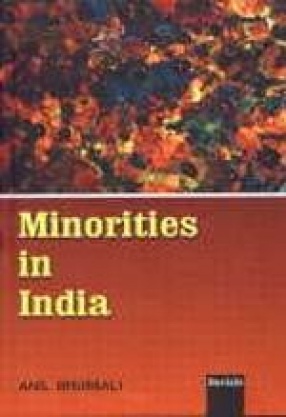

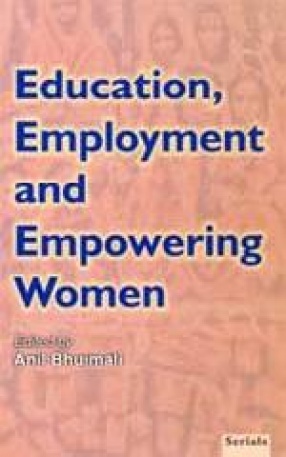
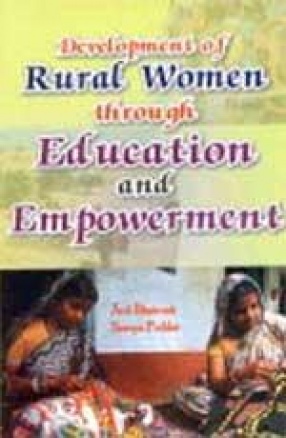
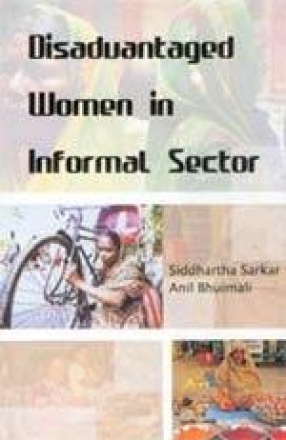

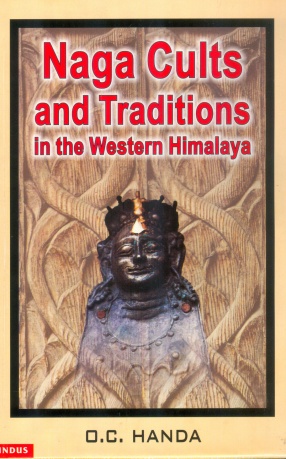
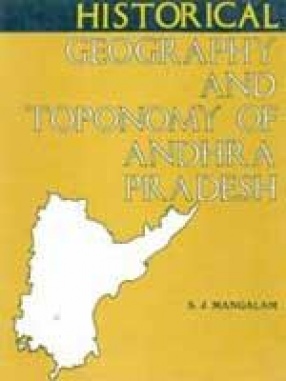
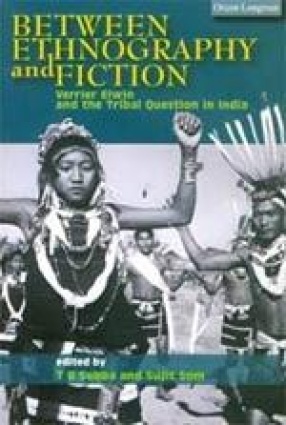

Bibliographic information